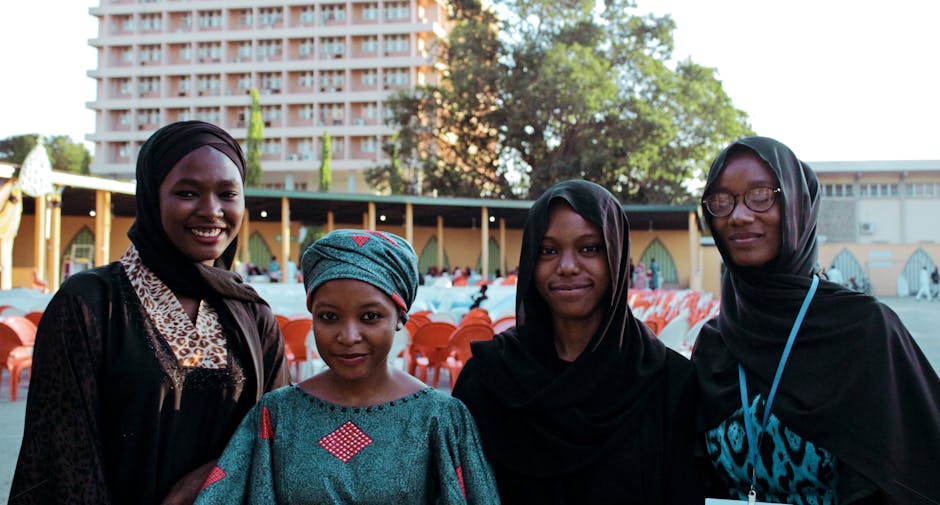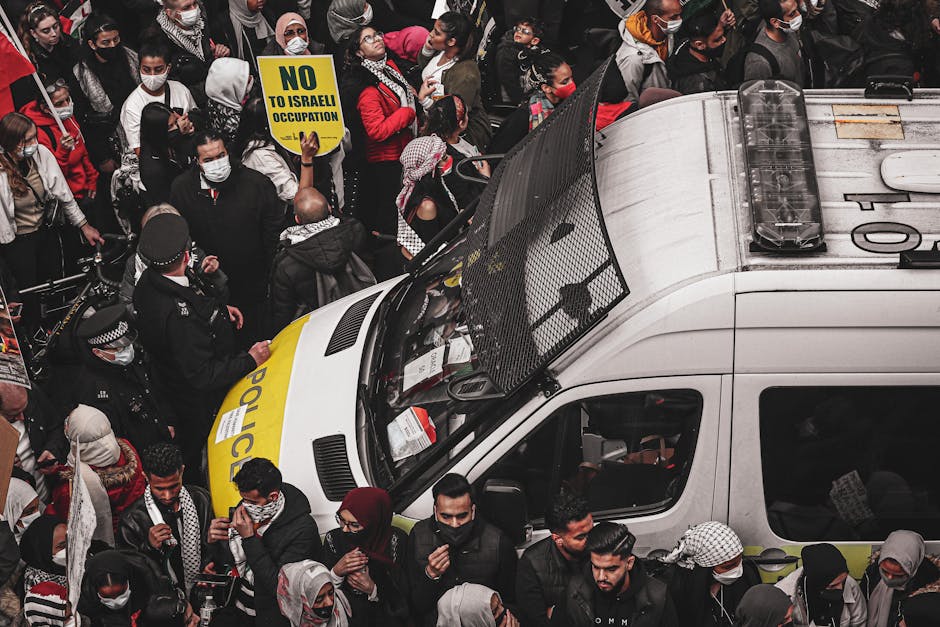The chilling news cycle repeats itself with a grim, heartbreaking regularity. First, the frantic reports of gunmen storming a school in a remote Nigerian village. Then, the terrifying count of the abducted—dozens, sometimes hundreds, of children snatched from their classrooms. Finally, the anguished pleas of parents, followed by the government’s familiar condemnation and vows to rescue the victims. This cycle of terror, most recently highlighted by the brazen kidnapping of nearly 300 students in Kuriga, Kaduna state, is more than a series of criminal acts. It is a direct and devastating assault on the very legitimacy of the Nigerian state.
At its core, the social contract between a government and its people is simple: the state provides security, and in return, citizens offer their allegiance and taxes. When a government consistently fails to perform its most fundamental duty—protecting its most vulnerable citizens—that contract begins to fray. In Nigeria, particularly across its vast and under-policed northern regions, the threads of this contract are unravelling at an alarming rate.
From Insurgency to a Kidnap-for-Ransom Industry
The scourge of school kidnappings, which gained global infamy with the Chibok girls’ abduction by Boko Haram in 2014, has since mutated. What was once the signature of Islamist insurgents has now become the primary business model for heavily armed criminal gangs, locally known as “bandits.” They operate a thriving kidnap-for-ransom industry, turning schools into soft targets and children into currency.
A Test for Tinubu’s Government and a Failing Policy
This persistent failure to secure schools has catastrophic consequences. For President Bola Tinubu, who won the election on a promise to tackle the nation’s security woes, each attack is a public indictment of his administration’s effectiveness. His government’s official policy of refusing to pay ransoms is intended to break the bandits’ business model. However, without the military or police capacity to effectively prevent abductions or rescue victims swiftly, this policy leaves desperate families feeling abandoned, often forced to pool their life savings to pay the criminals directly.
The Dangerous Vacuum: When the State Loses Credibility
This creates a dangerous perception: the state is absent, and non-state actors, whether benevolent community leaders or malevolent bandits, hold the real power. When citizens see the government as incapable of protecting them, they lose faith in its institutions. This erosion of trust is a cancer on the body politic, fostering cynicism and creating a vacuum that can be filled by extremist ideologies or a turn towards local, armed self-help groups, further fragmenting national unity. The consistent Nigerian school attacks impact the “legitimacy of government” by proving it cannot uphold its end of the social contract.
A Generation Terrified Out of Education
The long-term impact on society is equally severe. A generation of children, especially girls, is being terrified out of education. Parents are faced with an impossible choice: risk their child’s life for an education or keep them home, consigning them to a future of limited opportunities. This reality not only cripples human development but ironically serves the original goal of extremist groups like Boko Haram, whose name translates to “Western education is forbidden.”
Beyond Condemnation: A Path to Restoring Legitimacy
The Nigerian military is stretched thin, fighting these bandits, an Islamist insurgency in the northeast, and managing various other sectarian conflicts. Yet, for the average Nigerian, the reasons for failure matter less than the reality of it. The sight of another school’s gates chained shut, another community in mourning, chips away at the authority of Abuja.
To restore its legitimacy, the Nigerian government must do more than issue statements. It requires a comprehensive strategy that goes beyond reactive military operations. It needs to address the root causes of banditry—poverty and unemployment—while drastically improving intelligence gathering and rural policing. Securing schools must become a non-negotiable national priority, not just a talking point.
Ultimately, the fate of the students of Kuriga and countless others is a referendum on the Nigerian state’s ability to fulfil its basic purpose. Rescuing them is a moral imperative; preventing the next attack is an existential necessity for the government’s credibility.




